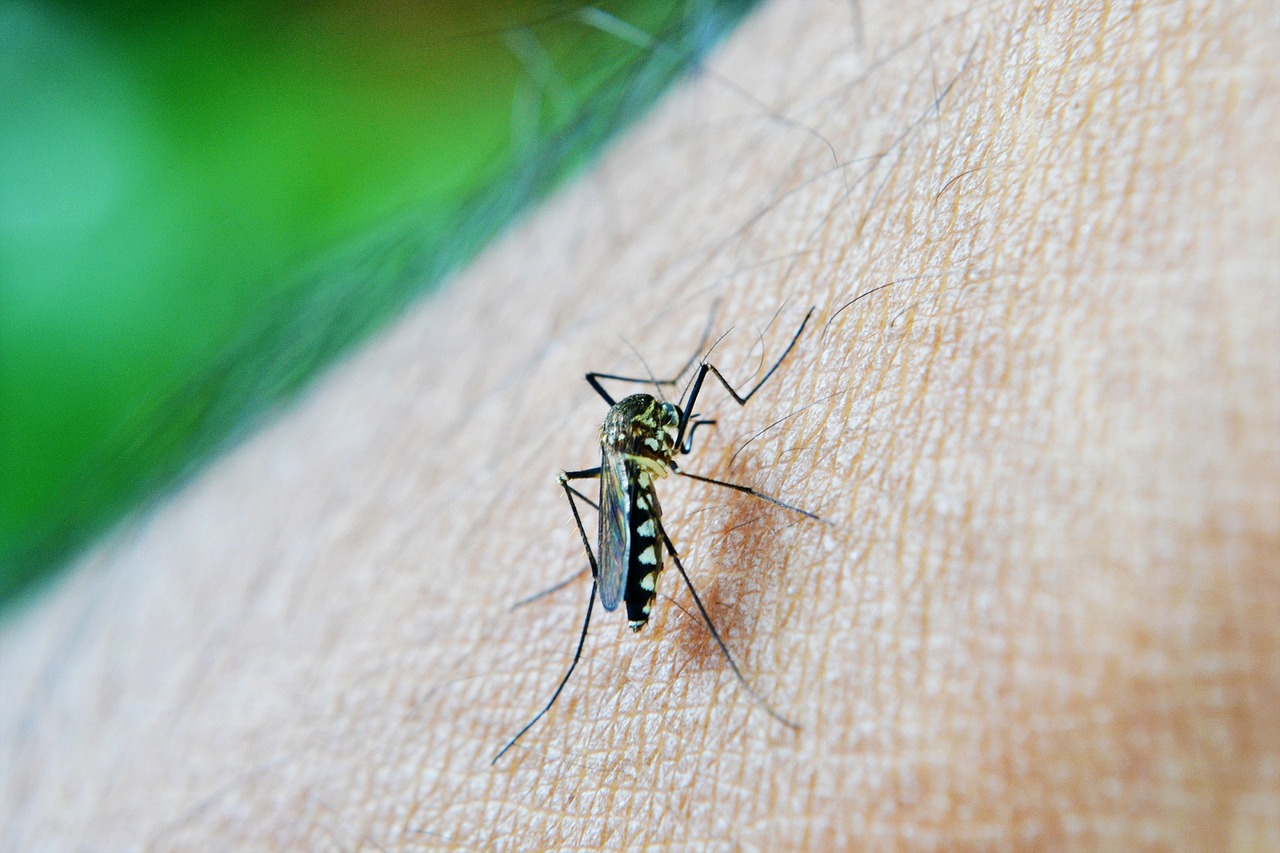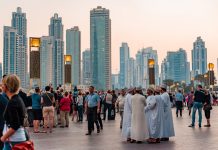
Health experts warn of dengue outbreak in Southeast Asia as countries and their health care systems continue to grapple with the coronavirus pandemic.
“We are seeing exploding numbers of dengue in South East Asia,” Dr. Leong Hoe Nam, a Singapore-based infectious diseases physician at Mount Elizabeth Novena Hospital, told CNBC in an email.
Dengue fever is spread by mosquitoes. Dengue symptoms include fever, severe headaches, muscle and joint pain, and even death in its critical form.
According to Singapore’s National Environment Agency (NEA), the country would exceed its previous annual record number of 22,170 dengue fever cases in 2013. As of July 6, NEA noted that over 15,500 dengue cases have been recorded in Singapore.
“There is no doubt that it is going to be a bad year,” said Leong, commenting on the situation in Singapore even before the NEA announcement.
The local media in Malaysia reported its health director-general warned the public last month about a potential increase in dengue cases across the country.
In Indonesia, the most populous country in Southeast Asia, local health officials recorded 68,000 cases of dengue fever countrywide in late June.
According to the US Centers for Disease Control and Prevention, the risk of dengue outbreak in most countries in Southeast Asia, except for Singapore, is considered as “frequent/continuous.”
Dengue lockdown
The dengue outbreak in Southeast Asia comes at a time when the world is grappling with the coronavirus pandemic. Global economies suffered from the pandemic, and millions remained at home due to social distancing measures aimed at contain the spread of the virus.
“Unfortunately dengue met the best marriage partner — lockdown,” Leong said. “With individuals staying at home (because of covid), more are exposed to the dengue mosquitoes breeding in the neighborhood.”
“The more cases there are, the more likely uninfected mosquitoes will bite the infected individual, causing a spiraling of cases upwards,” he said.
Dr. Duane Gubler, founding director of the Emerging Infectious Diseases Signature Research Programme at Duke-NUS Medical School in Singapore, shared the same sentiment.
“People who are stuck at home all the time probably have greater contact with mosquitoes that are infected with dengue,” Gubler said, warning that “greater precautions” needed to be taken to control mosquito larvae.
Moreover, Gubler also emphasized the danger of construction sites, adding that they were a “major breeding site” for mosquitoes due to coronavirus lockdowns.
“The Covid epidemic could very well be influencing dengue transmission,” he said.
Currently, Indonesia has the highest number of coronavirus cases in Southeast Asia, at 70,736, based on the data compiled by Johns Hopkins University. This is followed by the Philippines with 51,754 cases and Singapore with 45,423 cases.
More challenging
Leong noted that countries that better managed dengue outbreak in the past may experience difficulties this time around.
Specialists use a metric known as “Dengue seroprevalence at aged 9 years” to analyze infection rates, according to Leong.
“In Singapore, less than 9% of the children had Dengue at the age of 9,” he said. “The figures in the neighbouring countries are way higher: 30-40% in Malaysia, 50-60% in Thailand and Indonesia, 90% in the Philippines.”
As for countries like the Philippines, Leong said: “I don’t think it can get worse.”
In fact, he noted that it is countries like Singapore and Malaysia that have “a lot more to lose." He explained that it is easier for mosquitoes to infect individuals with no prior immunity and spread the disease with lower levels of herd immunity in the general population.
Herd immunity happens when a sufficiently high portion of the community has created a resistance to a disease through previous exposure to an infection. This reduces the chance for it to be transmitted from person to person.






